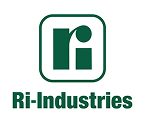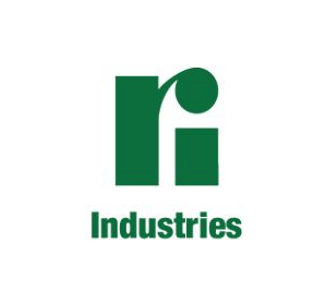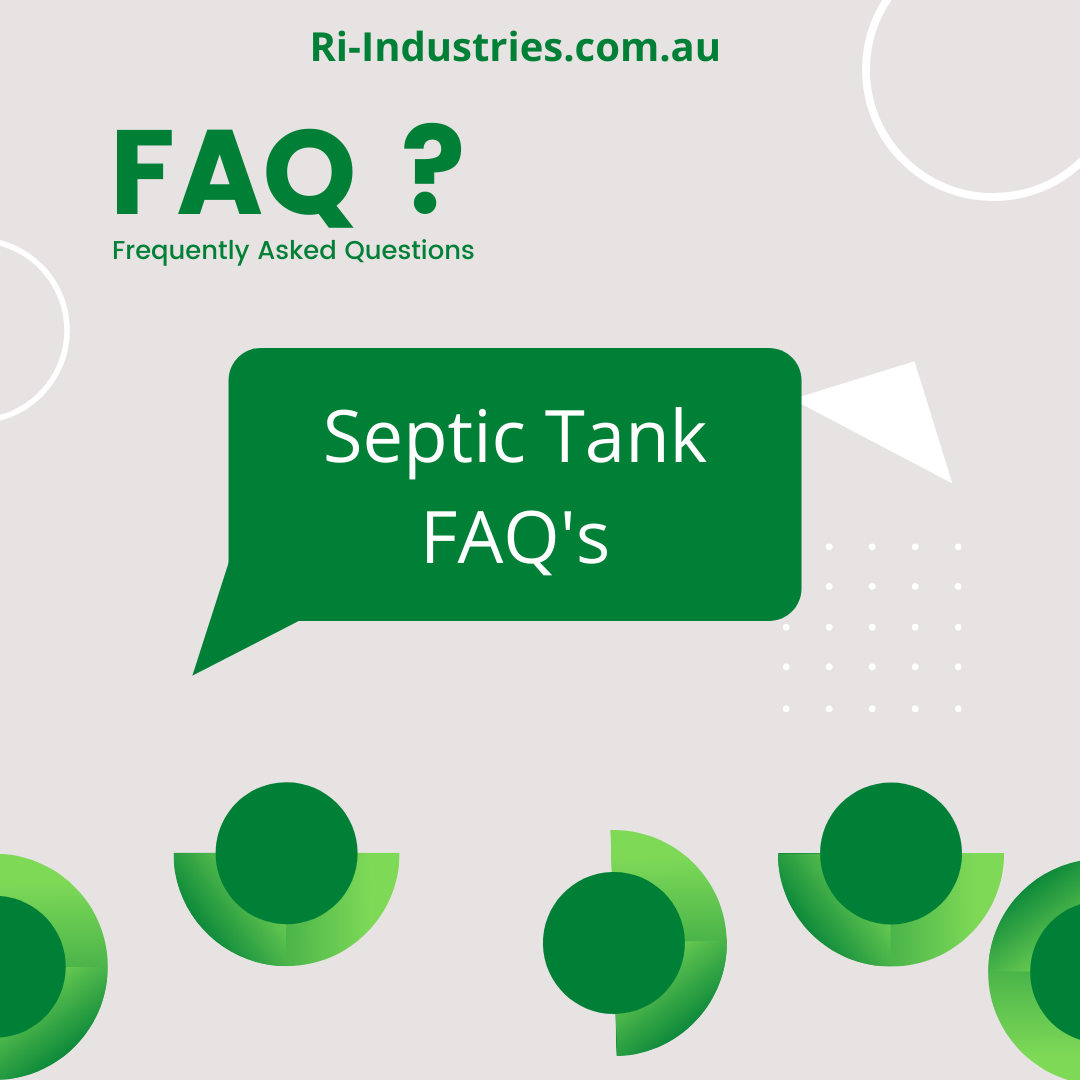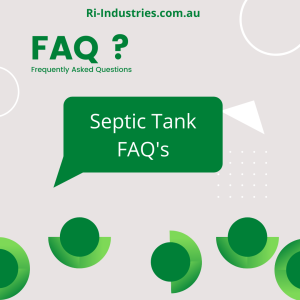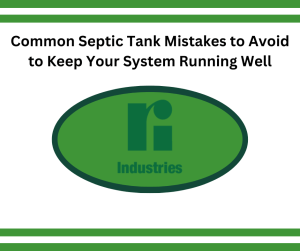Maintaining a septic tank in South Australia, as in any other region, is essential for the proper functioning of your wastewater system and to avoid costly repairs. Here are some household tips for homes with septic tanks in South Australia:
Regular Pumping:
Have your septic tank pumped out by a licensed professional regularly, typically every 3-5 years. The frequency may vary depending on the tank size and household usage.
Water Conservation:
Be mindful of water usage. Fix any leaks promptly, install water-saving fixtures, and avoid excessive water use, as it can overload the septic system.
Use Septic-Safe Products:
Use septic-safe cleaning products and detergents. Avoid harsh chemicals and antibacterial soaps, as they can disrupt the beneficial bacteria in the tank.
Proper Waste Disposal:
Do not flush non-biodegradable items like diapers, sanitary products, paper towels, or chemicals down the toilet. Use a waste bin for disposal.
Garbage Disposal:
Avoid using a garbage disposal unit, as it can introduce solid waste into the septic system, leading to clogs and reduced efficiency.
Limit Chemicals:
Reduce the use of strong chemicals, like bleach and drain cleaners, as they can harm the septic tank’s bacteria. Consider eco-friendly alternatives.
Spread Out Water Usage:
Avoid heavy water usage all at once. For example, do not do all your laundry in a single day. Spread out activities that involve water.
Regular Inspections:
Schedule regular inspections of your septic system by a qualified technician to catch any issues early and ensure it is functioning correctly.
Maintain Drain Fields:
Protect the drain field by avoiding parking vehicles or placing heavy objects on top of it. Plant grass or shallow-rooted vegetation over the area.
Keep Trees and Shrubs Away:
Avoid planting deep-rooted trees or shrubs near the septic system, as their roots can damage pipes and the tank.
Monitor for Warning Signs:
Be vigilant for signs of septic system problems, such as slow drains, foul odours, or wet spots. Address issues promptly.
Record Keeping:
Keep records of maintenance, pumping schedules, and repairs. This will help you track the health of your septic system over time.
Compliance with Regulations:
Familiarise yourself with local regulations and requirements for septic systems in South Australia and ensure your system complies with them.
Remember that septic system maintenance is crucial for both your home’s functionality and the environment. Regular care and responsible usage can help prolong the life of your septic tank and reduce the risk of costly repairs. When in doubt, consult a professional for guidance on your specific system’s needs.
Want more tips? Check out the many articles we have on our website.
